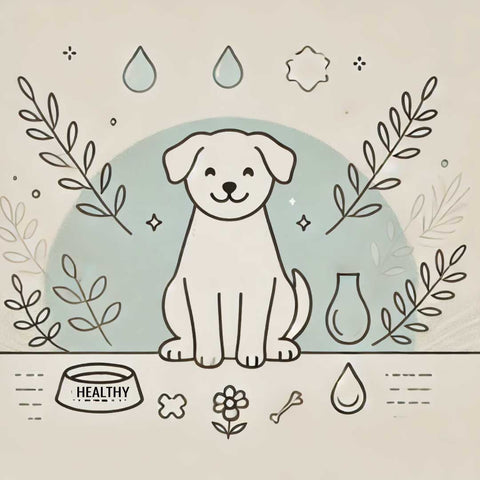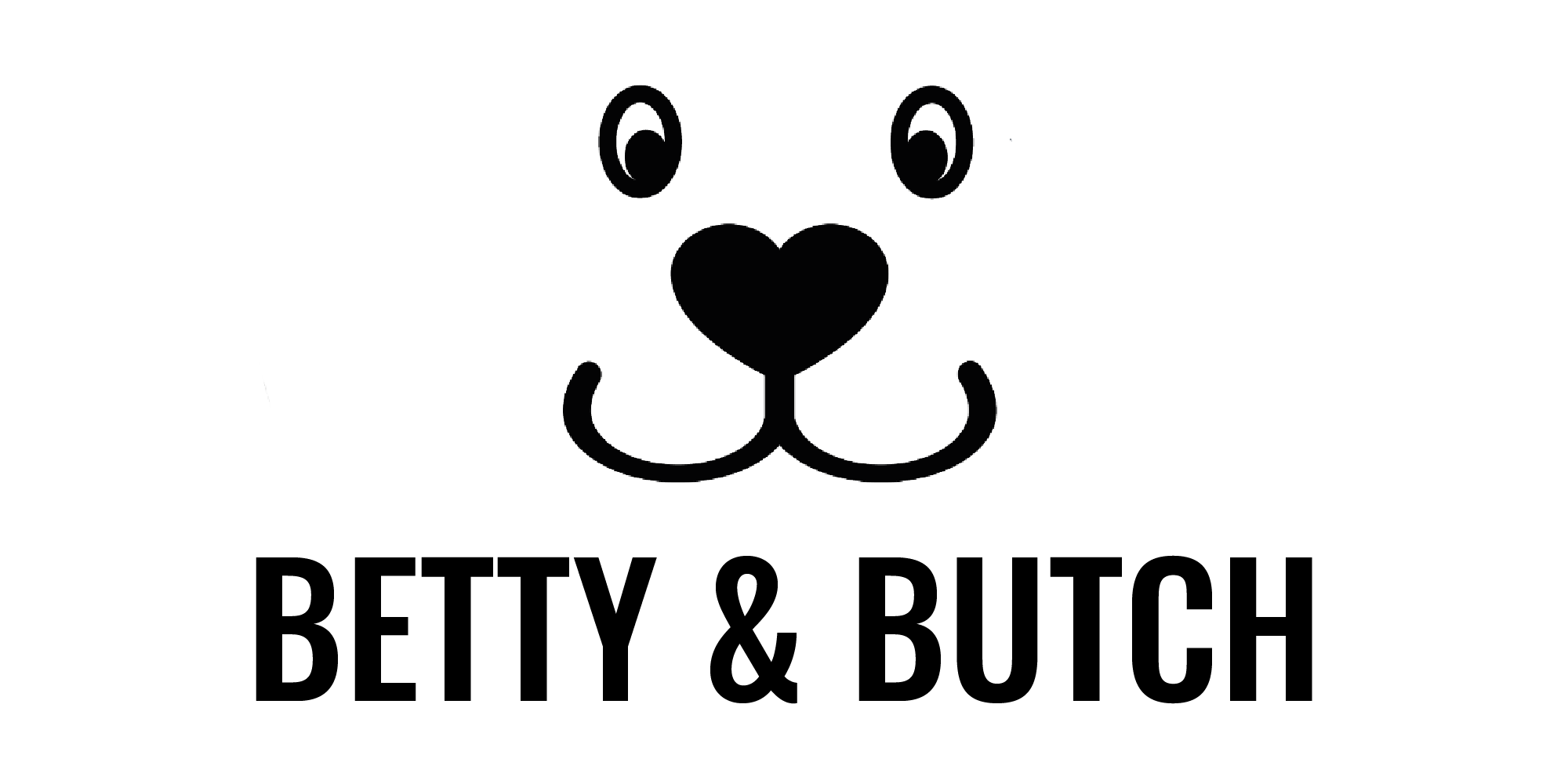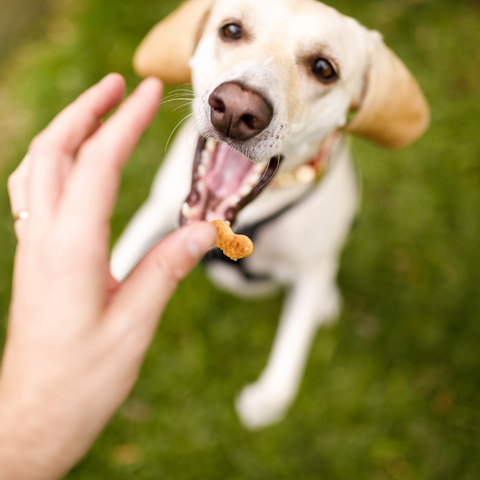Wuff Post 📰 - Dog News and Training Tips

Unlocking the Power of Peptides: A New Era in Canine Nutrition
As guardians of our beloved four-legged companions, we constantly seek the best nutrition to support their health and well-being. With more pet parents prioritising tailored diets to address specific health concerns, the rise of therapeutic dog food has taken centre stage. Enter Peptide+, an innovative solution harnessing the power of peptides to deliver optimal digestive health, weight control, joint care, and skin & coat nourishment.

January Health Boost: Nourishing Additions for Your Dog’s Wellness Journey
January marks a fresh start for many, with resolutions to prioritise health and wellness. But what about the furry members of the family? Just like us, dogs can benefit from a little extra care to start the year on the right paw. At Betty & Butch, we’ve curated a range of products that not only support your dog’s health but also make it easy to incorporate wholesome, natural nutrition into their daily routine. Here’s a closer look at some must-have January health products for your dog.




